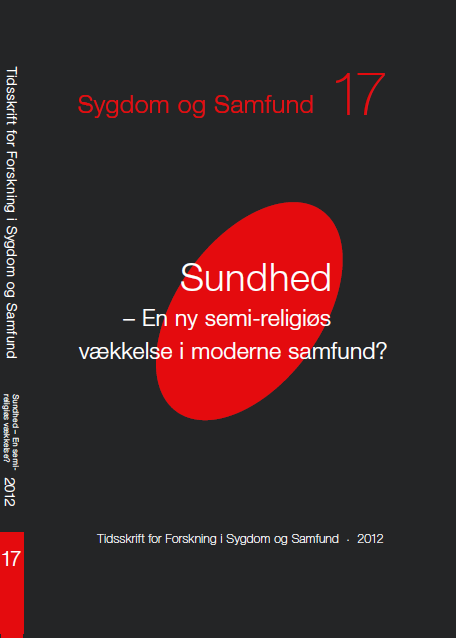Publiceret 2012-11-22
Citation/Eksport
Resumé
In a seminal and much-cited paper, Rita Charon has described narrative medicine - and, more broadly, the opening of medicine to education in the humanities - in terms of a mission to develop skills of empathy, reflection, professionalism and communication. In this paper I propose that Canguilhem's concept of vitalism and Alfred North Whitehead's concept of the 'art of life' provide a lens through which we can read the propositions of narrative medicine and medical humanities in the context of a much broader historico-scientific problematic, and connect them with a wider set of ethical and political implications. After setting out the relevant concepts by drawing on Canguilhem and Whitehead's work, in the latter part of the paper I explore the ethico-political question of how medicine might best serve the perfectibility of human beings, or the 'art of life'. I do this via a historical excursus, by revisiting a debate between Viktor Von Weizsäcker and Karl Jaspers on the merits and dangers of the 'introduction of the subject within medicine'. In their different historical context, Weizsäcker and Jaspers were able to articulate questions that remain relevant today, and that are implicit in the propositions of narrative medicine.

